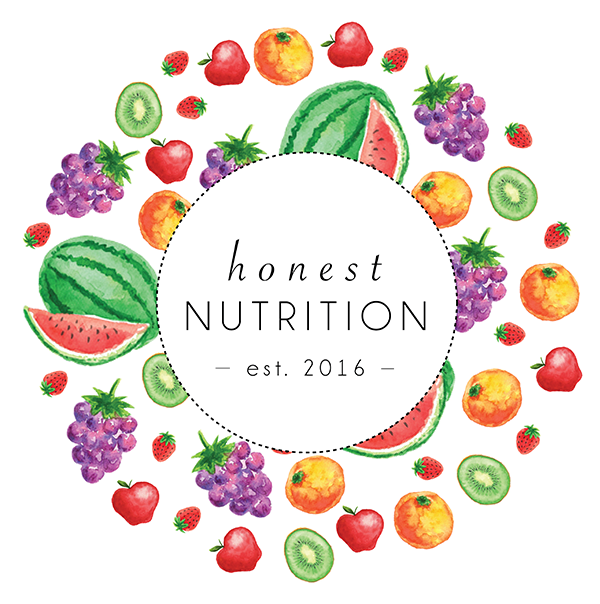Which milk is best for me?
Whether adding a generous dash into a mug of coffee, pouring it over a bowl of breakfast cereal or blitzing it through a delicious smoothie, milk is a kitchen staple for many. But as the selection of dairy and non-dairy ‘milks’ continues to expand, the task of choosing the right one is becoming increasingly overwhelming. So, to give you a helping hand in choosing the best one for you, here’s your dietitian-approved guide.
Cow’s milkis nutrient-rich, brimming with bone-strengthening calcium, muscle-building protein and a range of micronutrients, like Vitamin B12, Vitamin A and potassium, to name a few. Generally speaking,reduced-fat or skim milk options are recommended, as they have less saturated fat than their full-cream counterparts and are, therefore, better for your ticker.
Unless you’re allergic, there are no benefits to excluding cow’s milk from your diet. Lactose-free milk is now readily available, so even those who are lactose intolerant can join in on the fun.
A2 milkis a type of cow’s milk that only contains A2 protein (regular cow’s milk contains both A1 and A2 protein). There is emerging research suggesting A2 milk is beneficial for those who experience digestive issues when consuming dairy, however the evidence is limited - so it really just comes down to personal preference.
For those seeking a plant-based option, soy milkis a great go-to! Its protein content is close to that of cow’s milk, and while it doesn’t naturally contain calcium, there are many options that have calcium added to it (your target is at least 100mg calcium per 100mL). Again, try to choose a reduced fat option.
Grain-based milks, like rice or oat milk, have a naturally sweet flavour and a higher carbohydrate content than dairy milk. They also have a higher GI, which may not be ideal for those with diabetes. What’s more, grain-based milks are not a natural source of calcium or protein, so they typically aren’t the best options to choose.
Almond milk’spopularity has skyrocketed recently, with many believing it’s much better for you. Unfortunately, that’s not entirely true as nut milks tend to be low in calcium and protein but high in sugar, and can also contain controversial thickeners to improve consistency and shelf life. You might be surprised to learn that nut milks contain a very small percentage of nuts (read: 2-3 per cent!), so you’re probably not getting everything you bargained for.
Coconut milkalso has a health halo – but again, it’s not the best choice. The main issue with coconut milk is its high saturated fat content which is bad for your heart. Coconut milk is also not a natural source of calcium or protein and therefore need to be fortified.
The verdict
In terms of nutritional value, cow’s milk is the best option for dairy consumers. It’s naturally rich in calcium and protein, along with many other nutrients. If you’re not into dairy, my top pick would be soy milk – just make sure you opt for one that’s calcium fortified. At the end of the day, however, it’s important to consider your own personal health, nutrition needs and tastes when making your pick. With the plethora of milks to choose from, you’re bound to find ‘the one’ for you!

